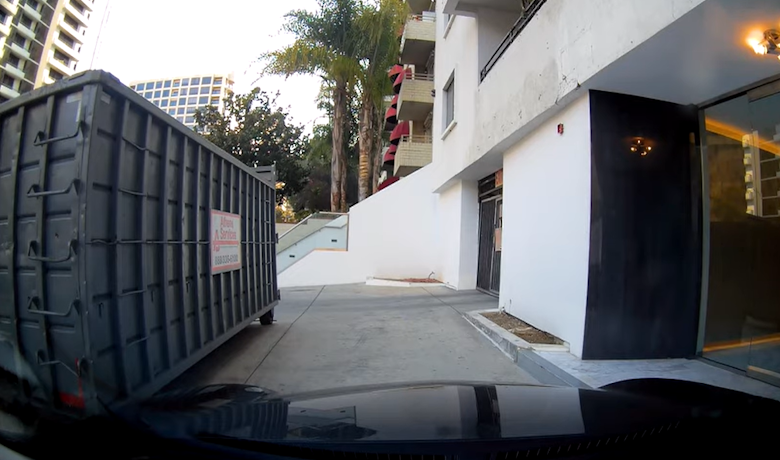How to choose the right size dumpster for your demolition project

The laws regarding demolition projects in Louisiana
In Louisiana, demolition projects are governed by various laws and regulations to ensure safety, environmental protection, and community welfare. The state of LA mandates adherence to the Louisiana Demolition Code, which outlines procedures, safety measures, and permitting requirements for demolishing structures in the region.
Contractors must obtain appropriate permits from their local authorities before beginning any demolition activity. Environmental federal and state regulations, such as those concerning asbestos removal and waste disposal, must be strictly followed to prevent pollution and health hazards for the local population. Compliance with these laws is essential to lower any risk, safeguard public health, and preserve the integrity of the environment during demolition projects across Louisiana.
A demolition project requires the use of a dumpster to remove all of your debris and rubble. Among the elements that should not be overlooked during your project, the choice of your dump truck is crucial. This will allow you to best optimize waste management on your site. There are several types of skips depending on the nature of your waste and the scale of your project. Several criteria must be taken into account when renting your future container.
The nature of the waste and the scale of your project
On a demolition site, there are several categories of waste:
- Non-hazardous waste: plastics, wood, metals
- Hazardous waste: lead, varnish, tar
- Inert waste: rubble, glass, tiles, bricks
Dumpsters that are considered small (10 to 20 yard) are generally used for small-scale demolition work. They can also be chosen for garden landscaping work or for renovation projects in a room in your house. In general, the capacity of the latter is 10 tons.
The 30 yard dumpsters are wider and higher, they will allow you to collect non-hazardous waste such as plaster, wood or metals. These can be used for small-scale demolition projects.
For demolition projects where the quantity of waste to be evacuated is significant, it is preferable to choose a skip of between 30 and 40 yard. The latter is ideal for demolition projects that involve several rooms or an entire building.
Before your demolition project, remember to define what types of waste you must throw away. You can thus estimate the quantity of garbage and rubble that will need to be evacuated. For a small demolition project, there is no point in using a dumpster that is too large. Likewise, a small skip for a large project will result in frequent trips to the recycling center which could compromise the delivery times of your project.
The location of your site
During a project where you need to rent a dumpster, it is important to check that your dumpster can be parked near your site. If it must be placed on public roads, authorization may be necessary. Likewise, the choice of dumpster depends on the space available for its location. A dumpster that is too large may be difficult to handle if the surrounding space is too limited.
The rental duration of your dumpster
Removing rubble or removing waste is an important step in your demolition project. The size of your waste transport container also depends on the rental period. By choosing containers large enough for disposal, you reduce the time associated with waste removal and treatment.
For individuals or professionals, it is possible to rent a waste skip for transport, recycling and recovery of waste. The removable skips are thus parked near the construction site before going to the processing center or the recycling center. Call a dumpster rental professional to obtain more information on the waste dumpster to choose depending on its capacity and the waste to be disposed of.
Don’t forget to check if an authorization request is necessary for the installation of a container or a waste skip.